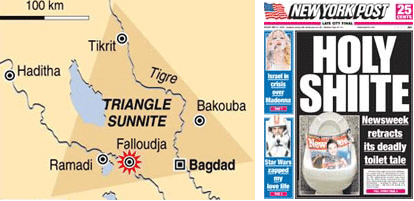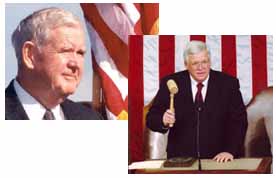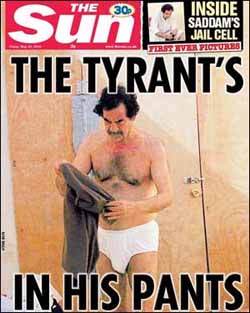
If the Muslim World fit the blurred binary vision of columnist Thomas Friedman, the problems of the Middle East could easily be reduced to a choice of words that start with the letter s. In his Wednesday, November 16, 2005 op-ed piece in The New York Times, Mr. Friedman beseeches a silent Sunni majority to ask the question, “why anyone?” He correctly notes that “Suicide bombs taint the heart of Islam.” Given ongoing suicide bombing inside and outside liberated-and-now-occupied Iraq, we are reminded, “‘Here’s Ahmed – he blew up 52 Muslims at a wedding.’ ‘Here’s Muhammad – he blew up 25 Shiites at a funeral.'” Tell us ‘taint so’ Ahmed. Tell Muhammad’s children that Abu just went straight to hell. “So why don’t more people in the Sunni world speak out against the Sunni Arabs doing this?” he asks, not really expecting an answer. Continue reading A Reporter’s Shiite, but a Historian’s Shi’a


